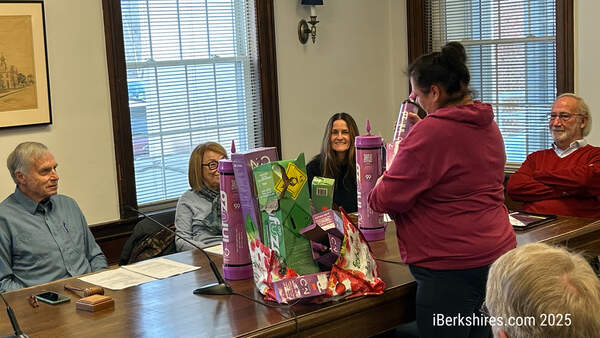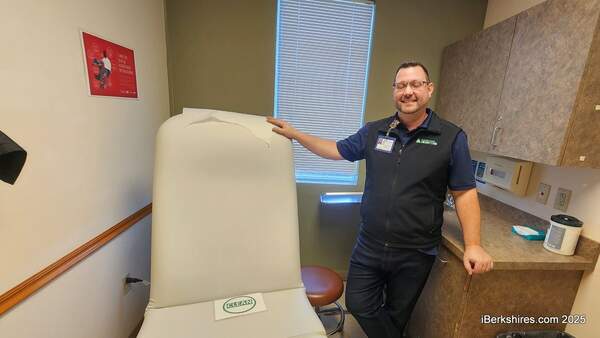Letter: 2019 Zoning Articles Are a Step Forward for Williamstown's Future
 |
To the Editor:
It is the role of the Planning Board to envision and plan for our town's future. That means they inevitably must grapple with questions of change: proposing adjustments to zoning bylaws to facilitate goals we want, while avoiding those harmful to us. It almost goes without saying that when the Planning Board is doing its job, residents will view it with a fearful eye — if for no other reason than it could bring change. But Williamstown needs change. In particular, we need to diversify our housing options. Not doing so effectively keeps out younger and older people of all kinds who struggle to find housing in our town.
This year, the Planning Board made every effort to invite the community into its discussions. The board received and grappled with a healthy diversity of opinion, and it has ultimately reached a majority consensus on a path forward, one that was unanimously supported by the Select Board. The present bylaw amendments are modest, commonsense proposals that represent the smallest impactful change voters seem likely to embrace at this time.
Article 32 simplifies the regulations regarding two-family housing, giving property owners the right to divide an existing single-family house without restriction. Current laws limit the size of the second unit to 900 square feet. Article 33 revisits the town's bylaw on accessory dwelling units (aka "in-law cottages"), making it possible for property owners to add a small housing unit in an existing or new structure, such as a garage or barn, or to build a new 900 square-foot dwelling unit by right, if their property conforms with town zoning.
To be fair to all property owners, the Zoning Board of Appeals will assess whether non-conforming lots can be appropriate locations for ADUs. The idea of further limiting Article 33 by requiring all homeowners (not just those whose lots are not in conformity) to appear before the Zoning Board will reduce the number of ADUs built and pointlessly pit neighbor against neighbor in the special permit process. The ZBA should not be put in the position of denying a special permit merely because neighbors have objections.
I urge you to support Articles 32 and 33 in the town warrant without any further amendments during town meeting. Let's move forward to accommodate careful growth for Williamstown's future.
Anne O'Connor
Williamstown, Mass.
O'Connor is currently serving as chair of the Select Board and writes that this letter reflects her personal viewpoint.
Tags: town meeting 2019,















